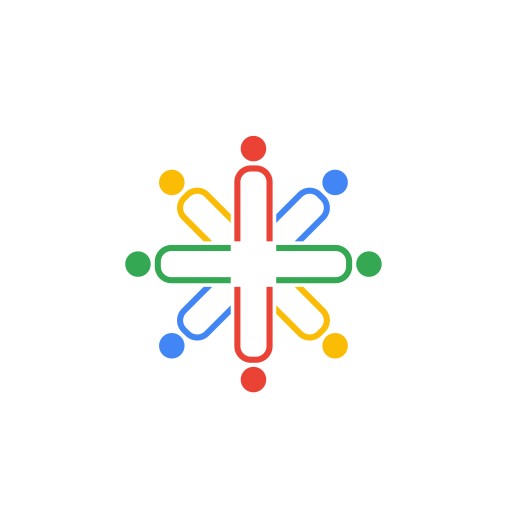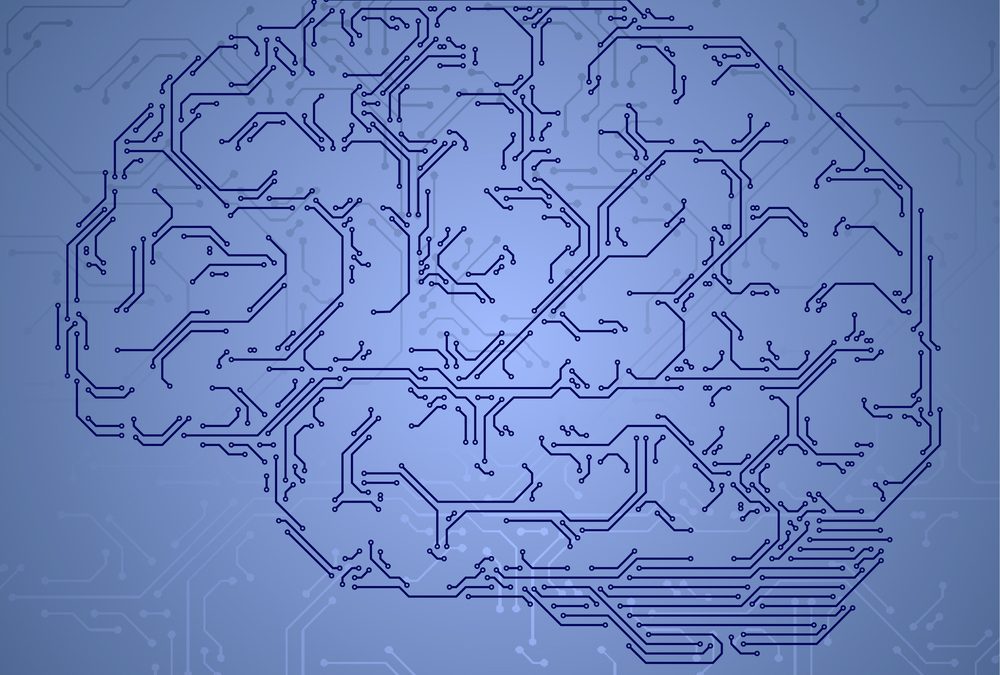Artificial Intelligence (AI) is defined as the science and engineering of creating intelligent computer systems that are able to perform tasks without receiving instructions directly from humans. These computer systems use a number of different algorithms and decision-making capabilities, as well as vast amounts of data, to provide a solution or response to a request.
To understand how machine learning can aid healthcare organizations, healthcare executives first must have a basic grasp of what machine learning is and what it can do.
For decades, technology has relentlessly made phones, laptops, apps and entire industries cheaper and better—while health care has stubbornly loitered in an alternate universe where tech makes everything more expensive and more complex.
Now startups are applying artificial intelligence (AI), floods of data and automation in ways that promise to dramatically drive down the costs of health care while increasing effectiveness. If this profound trend plays out, within five to 10 years, Congress won’t have to fight about the exploding costs of Medicaid and insurance. Instead, it might battle over what to do with a massive windfall. Today’s debate over the repeal of Obamacare would come to seem as backward as a discussion about the merits of leeching.
“Machine learning is about discovering new knowledge,” said Zeeshan Syed, director of the clinical inference and algorithms program at Stanford Health Care and clinical associate professor, anesthesiology, peri operative and pain medicine, at the Stanford University School of Medicine. “At a high level, artificial intelligence is getting an agent, software, to behave like it’s smart. One example might be a thermostat. If it’s cold, the thermostat turns the heat on. That’s a system behaving in a smart way, a very crude form of artificial intelligence. Knowledge you are using is pre-derived and embedded into the device. Machine learning goes a step further: How do we derive this knowledge that we are using? It’s knowledge derived from the data itself.”
One of the new areas of AI that is beginning to gain adoption is in the field of customer service, and healthcare bots are likely to be available soon as part of what healthcare providers offer. A bot is an AI application patients can interact with through a chat window on a website or via telephone to receive help with their requests. Bots can be used in situations such as scheduling follow-up appointments with a patient’s provider online. Other examples include when a bot helps a patient with their medication or billing needs. These use cases improve customer service; offer 24/7 assistance for basic requests, such as scheduling, billing and other clinical requests; and reduce the overall administrative costs for hospitals.
From making sense of the unwieldy mass of medical data trapped in healthcare systems to tapping into the collective knowledge gathered from several thousand healthcare providers and millions of patient visits, doctors can now start to analyze which treatments work best and when.
Now, AI can recommend a line of action even in clinically challenging situations, assisting radiologists in analyzing simple cases, prescribing a first line of treatment to patients before they see a doctor and help monitor health and medication in chronic conditions.
Changes in healthcare delivery and its ever-evolving expectations are forcing greater adoption of technology to manage patient information and assist in the decision-making process. The need for data mining and improved analytics and decision-making has put AI at the heart of this transformation. Healthcare as an industry is a leading beneficiary of the greater accessibility, relevance and actionability of information that AI enabl
The key principle is to leverage the full power of AI in clinical settings to assist, enable and co-work with healthcare professionals, who continue to remain in charge of decisions of critical importance, such as diagnosis and treatment.
It will benefit society to maintain an open mind about how decision-makers in healthcare organizations can work alongside AI and selectively rely on it to inform and improve care. As an early leader in adopting the technology, it may help dispel the prejudices and myths surrounding AI, and build basic awareness and education among working professionals in the medical field and beyond.
Brenda Hopkins RN, MBA Founder, Healthcare Disruptors


Recent Comments